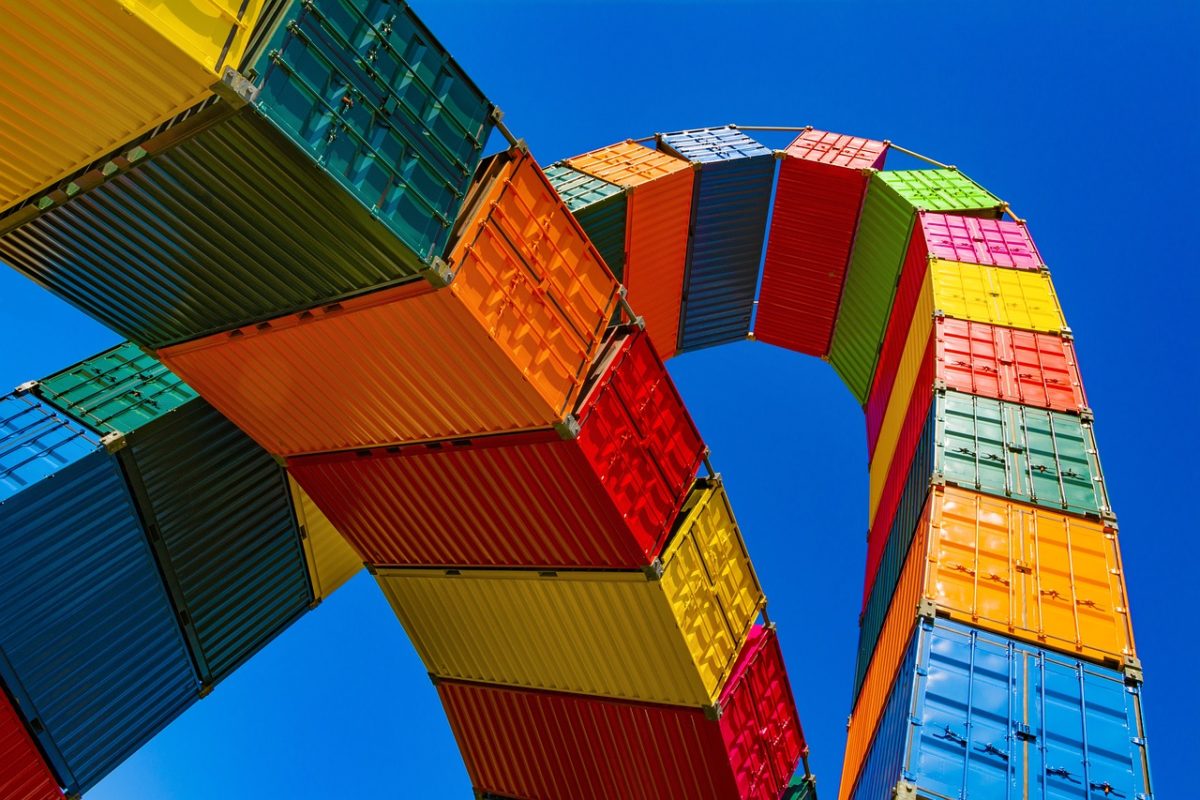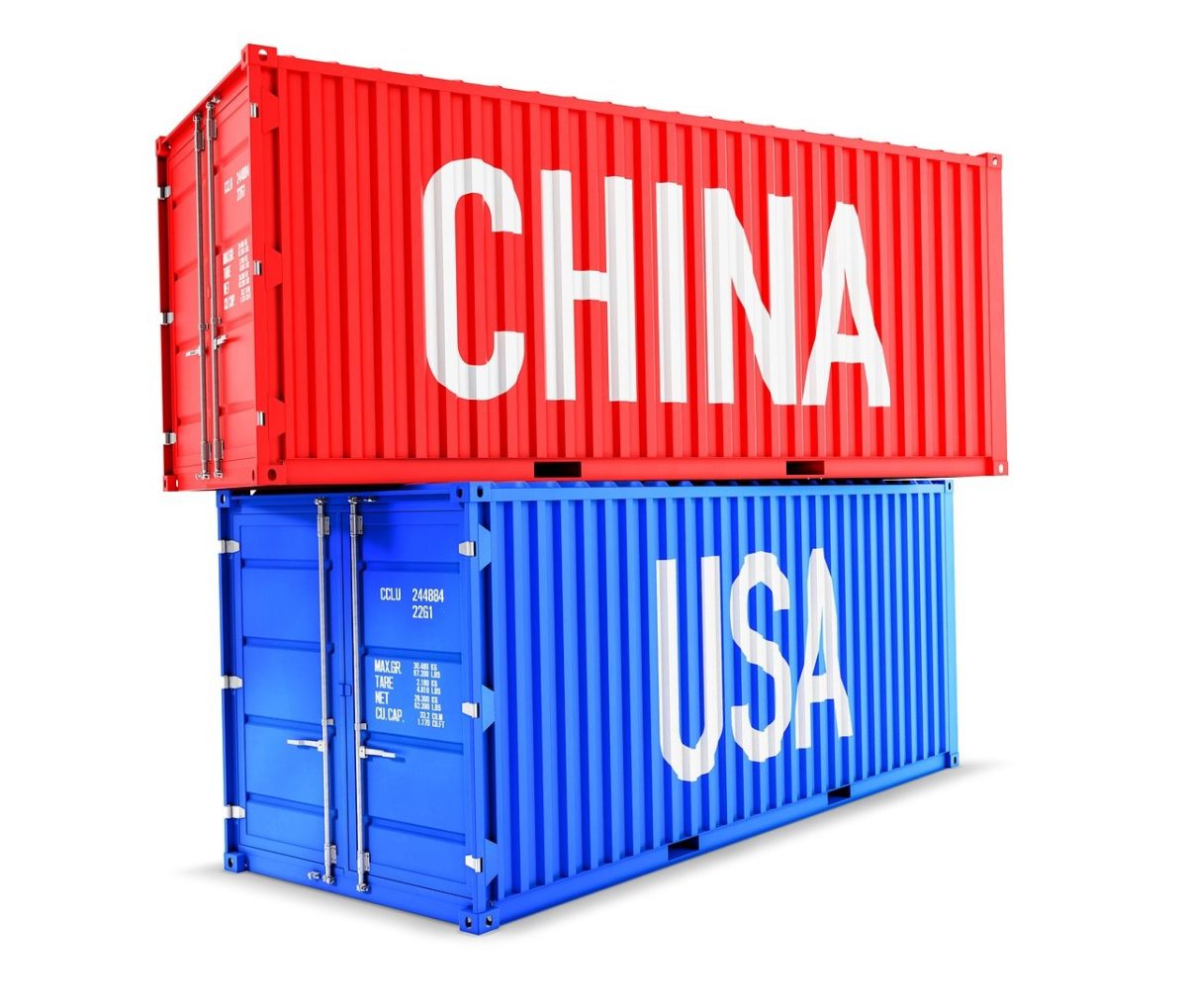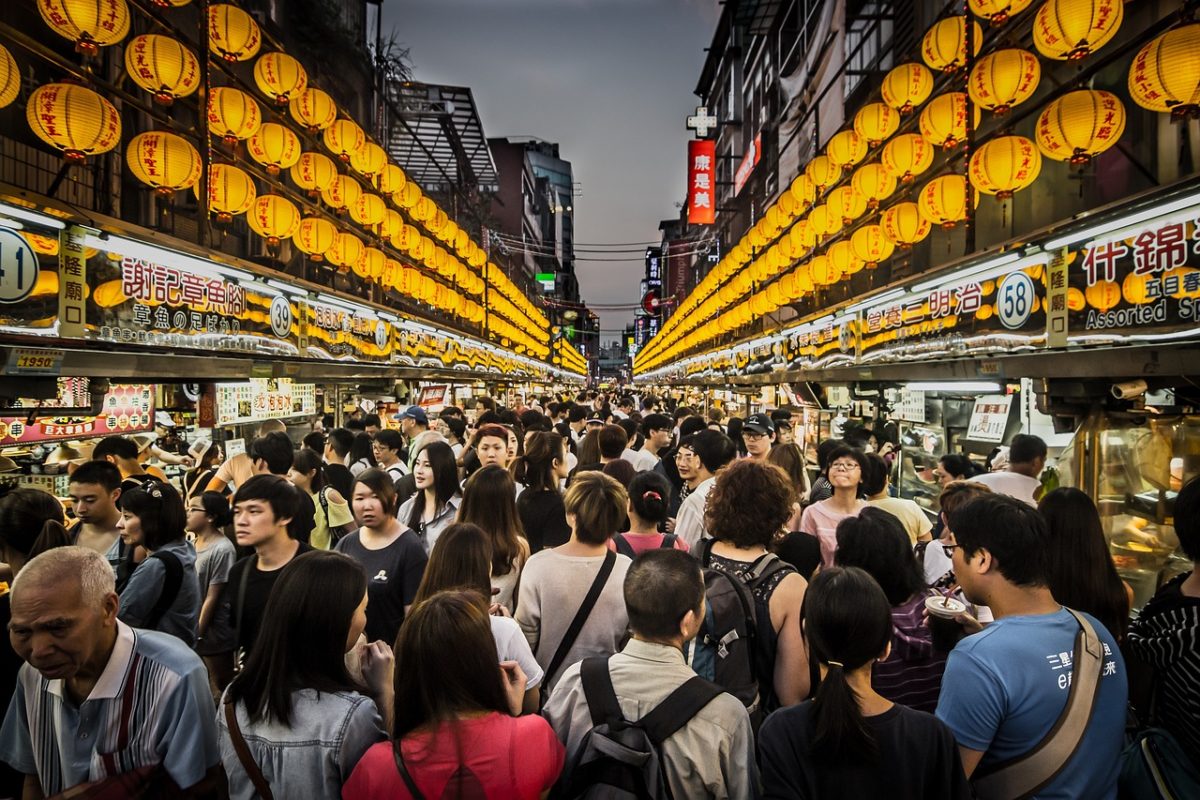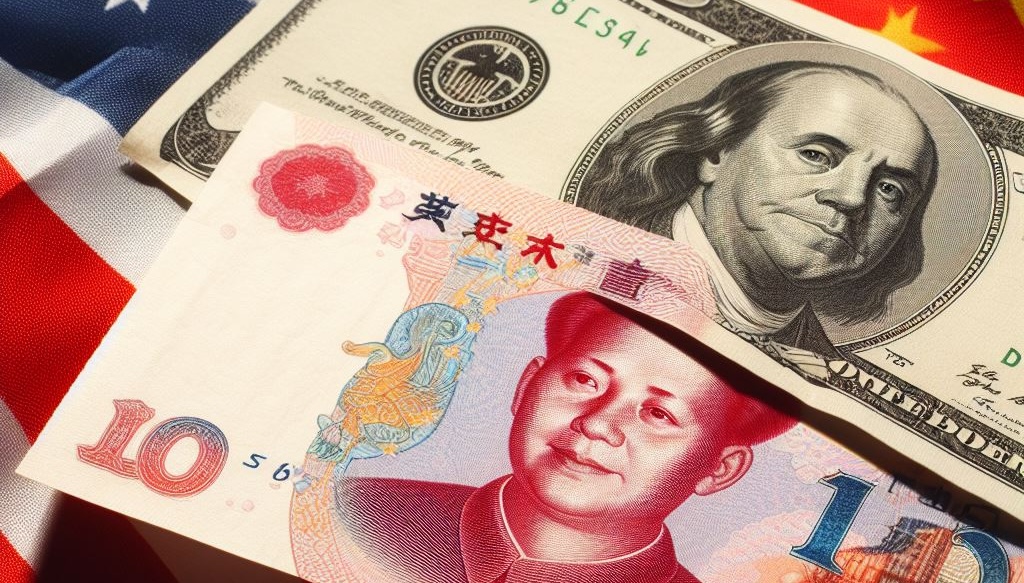China’s electric vehicle (EV) industry plays a critical role in its geopolitical strategy, especially as it gains increasing market share in both Western Europe and Asia. In 2023, China’s EV market, accounting for 60% of the global total, is expected to maintain strong growth. The country led global EV sales in 2022, representing around 60% of these sales. This dominant position isn’t just an economic triumph; it’s a strategic move in the realm of soft power and international influence, positioning China as a key player in shaping the future of global transportation and energy policies. It’s a fascinating mixture of technology, geopolitics, soft power and marketing. All in a package that is visible and impactful in the day-to-day lives of regular people.
In Western Europe, Chinese automakers are steadily increasing their presence. They accounted for about 8.4% of the region’s EV market, up from 6.2% the previous year. Made-in-China EVs comprised 11.2% of all EVs sold in Germany in the first half of 2023, and the overall market share of China-based car brands in Western Europe’s EV market is expected to grow from 6% to 9% in 2023. This growth is indicative of China’s expanding influence in one of the world’s key automotive markets.
Continue reading “Chinese electric vehicles & soft power”




